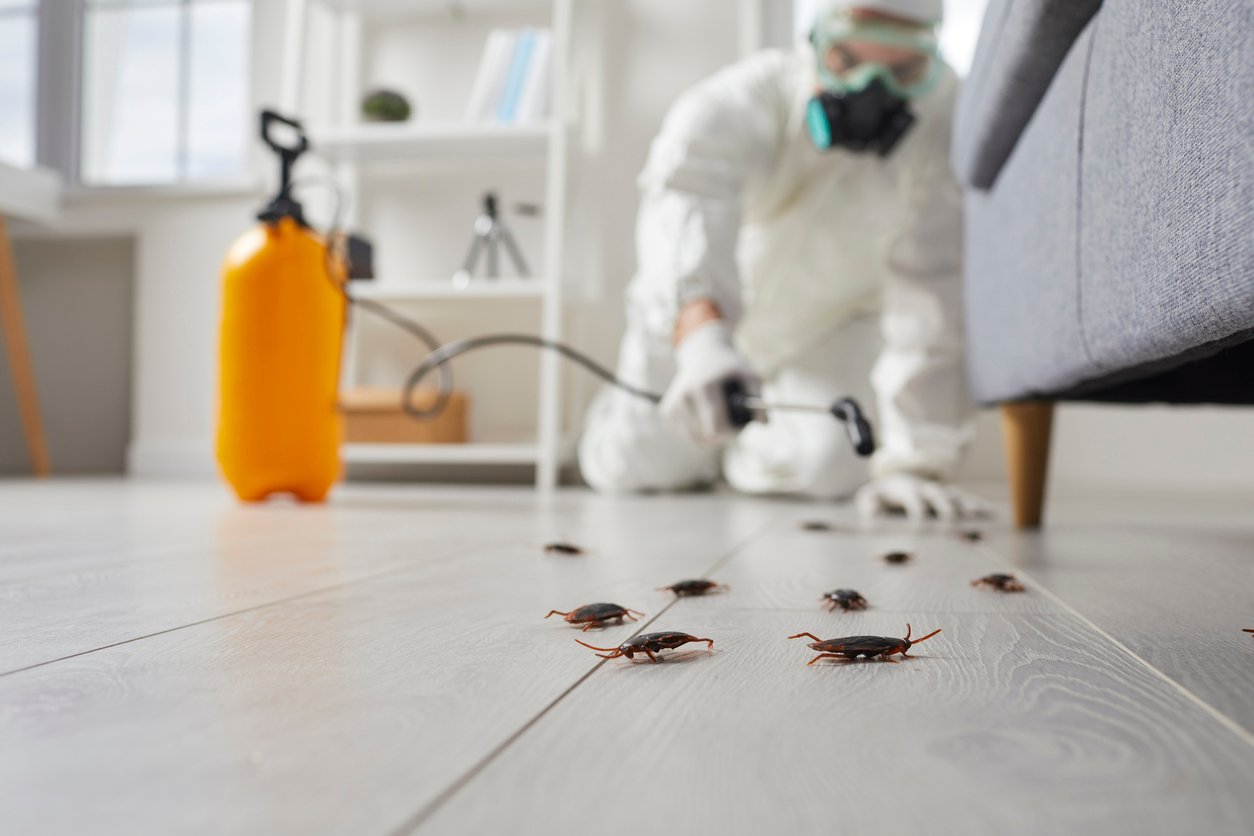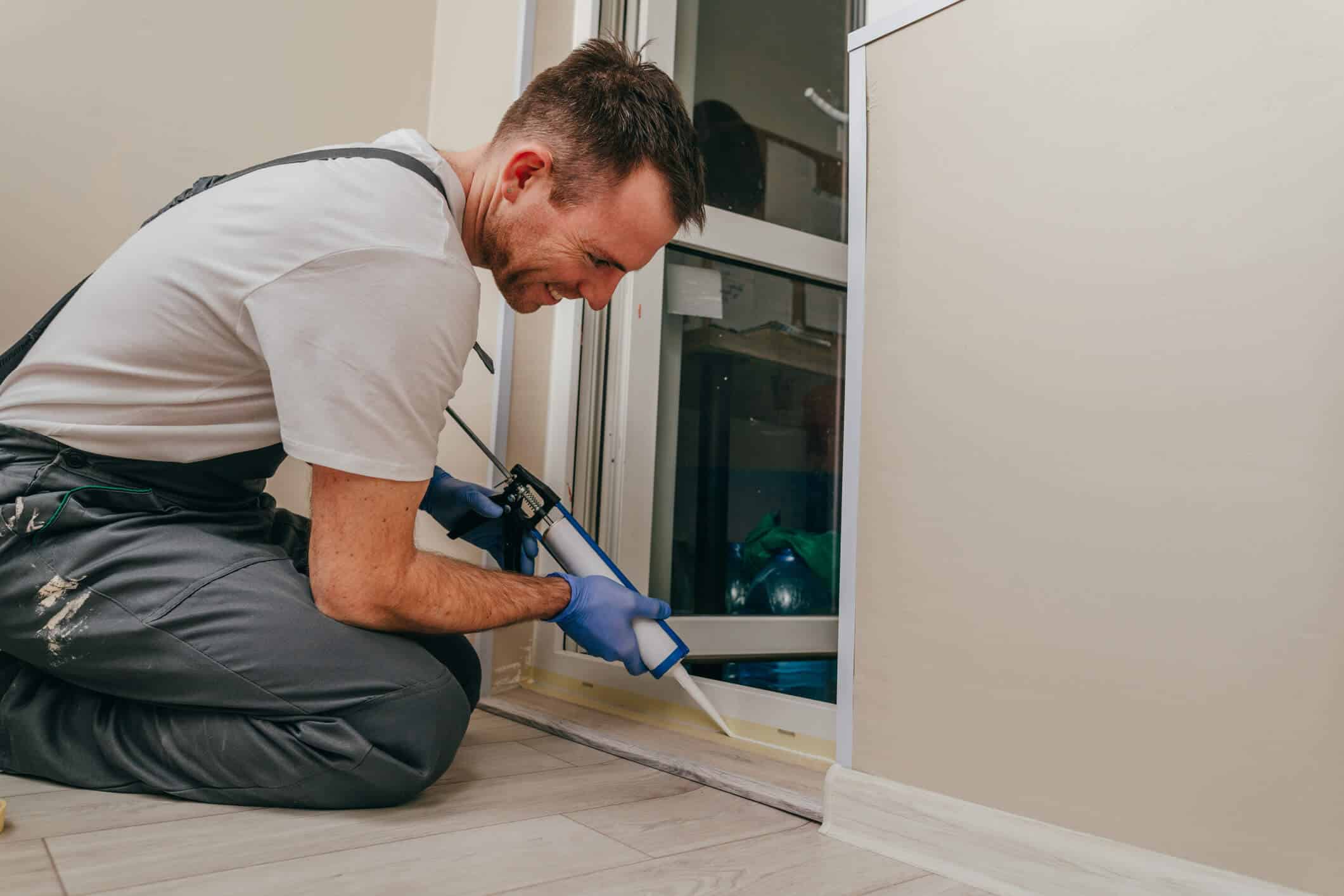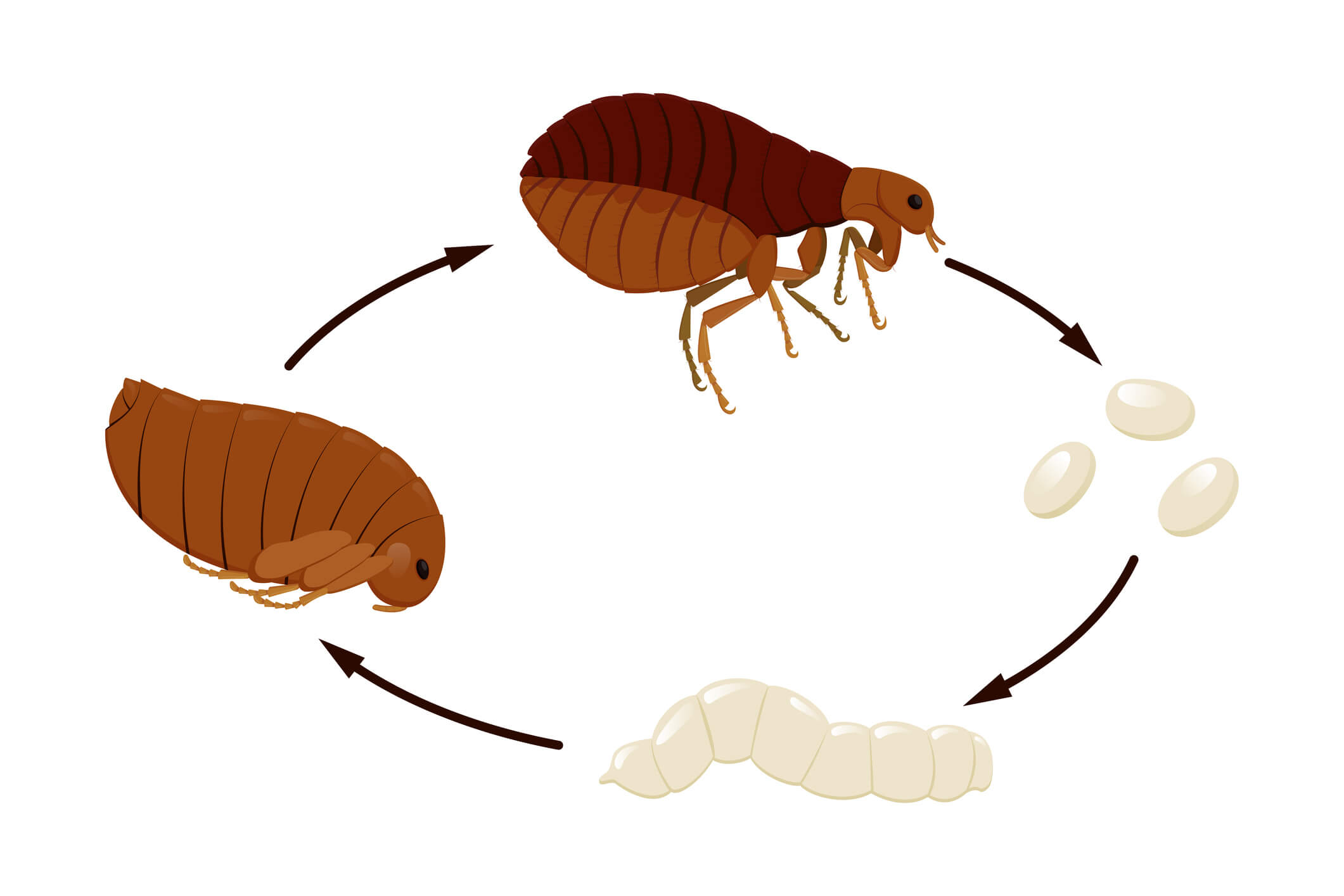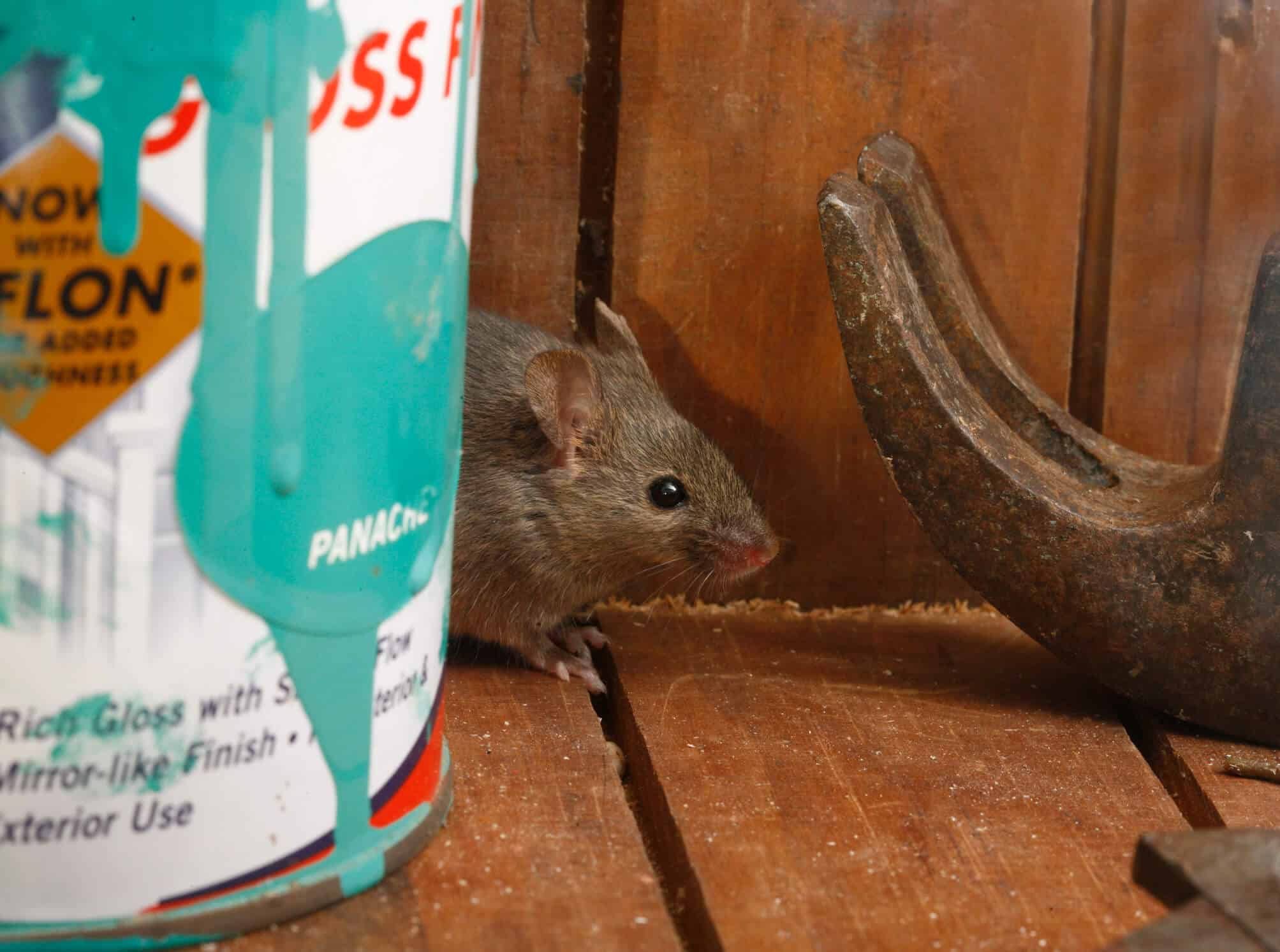Dangers of Ignoring Pest Infestation

It’s easy to underestimate a few ants on your countertop or ignore occasional scratching sounds in the walls. You might hope that the pests will disappear on their own. Or perhaps you know you should take action but keep putting it off because your schedule is already full and dealing with pests feels like one more hassle you’d rather avoid.
These kinds of responses are completely understandable and very common among homeowners. The problem is that what begins as a minor inconvenience can quickly escalate, potentially affecting your family’s health, your wallet, and even the structural stability of your home.
Let’s take a look at exactly why ignoring pests can lead to major headaches, and how taking action sooner rather than later can help you avoid more serious issues and costs down the line.
Health Risks of Pest Infestations
Pest problems aren’t just frustrating—they can create conditions that affect your family’s well-being. From allergens in the air to bacteria on kitchen surfaces, certain types of pest activity can contribute to environments that may aggravate health concerns h.
If you’re wondering how serious the risks are, the truth is that most everyday sightings don’t lead to immediate health issues. But consistent or growing activity is worth addressing early—especially when professional pest control can help stop problems before they escalate.
It’s important not to let fear take over. Instead, you should feel confident that taking a few proactive, preventive steps—such as bringing in professional pest control services— can go a long way in keeping pest-related health issues from becoming a real concern.
Here are a few health risks to be aware of, especially when pest activity goes untreated:
Disease Transmission
Some pests, especially rodents, mosquitoes, and ticks, are known to carry bacteria or viruses that can potentially lead to illness in humans.. Mice and rats may leave droppings that contain salmonella or hantavirus. Mosquitoes can transmit viruses like West Nile, and ticks have been linked to Lyme disease.
While cases of disease transmission are rare in most homes, understanding the risks can be a helpful reminder that even minor pest activity shouldn’t be ignored.
Allergies and Asthma
Cockroaches and rodents shed skin, saliva, and droppings that contain allergens. These particles can build up in the air and may worsen asthma or allergy symptoms, especially for children or anyone with existing sensitivities. Even if you don’t see pests out in the open, their presence can still affect the air quality inside your home.
Contaminated Food and Surfaces
Pests like ants and cockroaches often travel through unsanitary places like trash areas and drains before ending up in your kitchen. As they move across countertops, utensils, or stored food, they can spread bacteria that raise the risk of foodborne illness. Keeping food sealed and surfaces clean can make a big difference in cutting down that risk.
Structural Damage from Hidden Invaders
Some pests can damage the structure of your home if they’re not dealt with early. Here are two of the most common culprits:
Termite Damage
Termites are known for feeding silently on wood inside walls, floors, and roofs. Over time, this hidden activity can weaken structural supports and lead to costly repairs. In many cases, damage isn’t visible until it’s already advanced. The scope of this problem is significant: termites are responsible for an estimated $5 billion in damage each year in the United States.
Rodent Destruction
Rodents often chew through electrical wiring, insulation, and wooden beams. This kind of damage can create fire hazards, lower your home’s energy efficiency, and add to repair costs if the infestation goes on for too long. The sooner they’re removed, the easier it is to avoid long-term issues.
Financial Impact of Delayed Action to Pest Problems
Waiting too long to deal with a pest issue can lead to far more expensive problems later on.
Escalating Repair Costs
What starts as a small issue can quickly turn into serious damage that requires costly repairs. A few rodents in the attic might not seem urgent at first, but if they stay long enough to chew through insulation and wiring, you could be looking at thousands of dollars in electrical work.
Likewise, a hidden termite infestation can hollow out support beams behind walls or under floors, leading to structural repairs that involve tearing out drywall, replacing framing, and rebuilding affected areas. Acting early helps you avoid turning a manageable problem into a major home project.
Lower Property Values
Homes with a history of pest problems often raise red flags for potential buyers. Even if the issue has been treated, buyers may push for price reductions or back out of the deal entirely. Addressing pest issues promptly helps protect your investment and keeps your home’s value from taking an unnecessary hit.
Stress and Emotional Toll of Pest Problems
Beyond the physical damage, pests can also affect your emotional well-being. Living with an unresolved pest issue often leads to stress, frustration, and discomfort in your own space. Whether it’s disrupted sleep, making excuses not to have friends and family over, or the discomfort of feeling like your space isn’t truly your own, the emotional toll is real.
Anxiety and Sleep Disruption
Unexplained noises at night or the thought of pests in the walls can interfere with your ability to relax. Many homeowners report disrupted sleep and heightened stress when dealing with recurring pest activity.
Embarrassment and Discomfort
Many homeowners feel embarrassed or hesitant to talk about pest issues, even with people they trust. That discomfort can lead to avoiding guests and even a loss of self-esteem and personal confidence. The longer the problem lingers, the more it can affect your day-to-day life.
Proactive Steps to Help Protect Your Home
Thankfully, there’s a lot you can do to reduce the risk of pest infestations. A few consistent habits and quick responses can go a long way toward helping to protect your home, your family’s health, and your peace of mind.
Conduct Regular Inspections
Pests often stay hidden in out-of-the-way areas, so make a habit of checking the spots they’re most likely to show up. Look behind appliances, under sinks, inside cabinets, and along baseboards for signs like droppings, chewed materials, nesting debris, or unusual smells. Keep an eye out for ant trails, spider webs, or grease marks that could signal rodent activity.
Spotting a problem early gives you more control over how to handle it.
Act Quickly at First Sign
If you notice signs of pest activity, don’t wait to see if it goes away on its own. Most pests reproduce quickly, and a small issue can turn into a larger infestation faster than you might expect. Contacting a professional pest control service right away allows trained experts to identify the source, apply targeted treatments, and keep the situation from spreading.
Early intervention helps you avoid more serious damage and keeps your home feeling safe and comfortable.
Pest-Proof Your Home
Simple maintenance tasks can make a big difference in discouraging pests from settling in.
- Seal up cracks and gaps around doors, windows, utility lines, and foundations using weather-resistant caulk or mesh.
- Fix leaky pipes and eliminate standing water, especially in basements, bathrooms, and under sinks.
- Keep food sealed in airtight containers, sweep up crumbs, and regularly take out the trash.
- Decluttering storage areas also removes nesting spots and gives pests fewer places to hide.
Taking these steps consistently doesn’t mean you’ll never see a pest, but it puts you in a much stronger position to respond quickly, minimize risk, and keep your home a place you feel good about.
When to Get Help from Moxie Pest Control
Even with diligent preventative measures, pests can still find their way inside. That’s where Moxie Pest Control comes in to help. Our Local Field Experts take the time to inspect your home, identify problem areas, and apply targeted treatments based on your unique needs. We don’t just treat symptoms—we help address the conditions that contribute to pest activity and offer expert guidance along the way.
Why homeowners trust Moxie:
- Instant online quote
- Fast response times and flexible online scheduling
- Local Field Experts trained daily to apply targeted treatments with precision and care
- Pet- and family-friendly
- Free, unlimited warranty visits between regular services for customers on a year-round plan
- Friendly, professional service from a team that knows your neighborhood
If pests persist despite your best efforts, Moxie Pest Control offers reliable, effective solutions. Check out our pest control locations to connect with a Moxie team near you.



